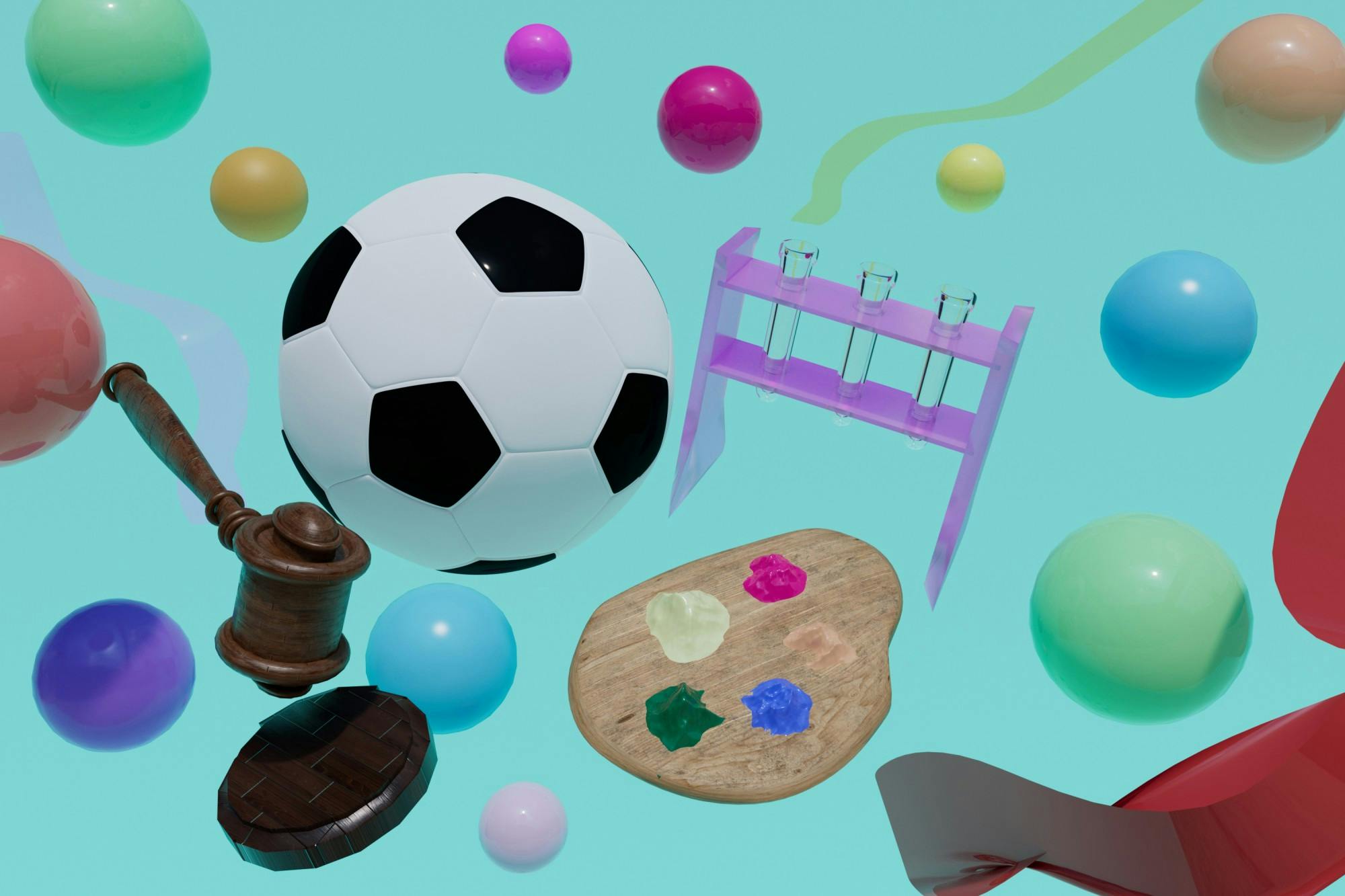In a classic 2000s movie, the individual intricacies of high school students are boiled down to stereotypical and generalized high school tropes — the jocks, band geeks, nerds, popular kids, theater kids, etc. — that constitute the school. The movie-esqe stereotypes may be an exaggerated interpretation of high school students, but it’s true that from the outside, our interests are sometimes the first thing people see.
For better or worse, these movies typically end before we get to see how their characters evolve after high school graduation. College is a time of self-discovery and growth, so it’s unfortunate that we rarely get to see characters’ development during the transition to that pivotal chapter. Whatever happened to Troy Bolton, the jock-turned-theater-kid and protagonist of “High School Musical,” after he graduated from East High?
The Dartmouth student body is multi-talented and intelligent — that’s how we got here. But to what extent do our high school identities stay with us once we arrive on campus? What happens to these labels as we enter a time of self-identification and begin to refocus our interests? I would argue that the start of college doesn’t immediately clean our slate of interests — and our pre-existing passions can influence what we explore in college.
In transitioning to Dartmouth, Mia Balestra ’25 realized how much she valued her high school identity as a “jock” — playing sports every season and going from one practice to the next. However, upon coming to Dartmouth and joining the club volleyball team, Balestra struggled with the transition to a less competitive environment.
“I definitely found myself freshman year having a lot of free time, just way more than I ever had in high school. It was crazy, and I didn’t know what to do with myself,” Balestra said. “I also missed being really competitive and working as a team towards a goal.”
Despite her love for the club volleyball team and its community, Balestra quickly realized that she wanted more than just the team environment — she also wanted to compete. So, this past fall, she walked onto the varsity track and field team.
For Balestra, being an active athlete in high school didn’t exactly predetermine what she would end up doing here at Dartmouth, but this aspect of her identity didn’t disappear upon arrival either. Rather, it influenced where she ended up — back on a varsity sports team.
Continuing a high school interest in college can also be a great way for students to hone in on specific skills and further their interests within a specific activity. For Annmarie Allos ’23, this interest was mock trial.
In high school, Allos said she was always the “academic kid,” having participated in Mock Trial among other extracurricular activities like research in a genetics lab, writing for the school newspaper and singing in the chamber choir. Now in her final year at Dartmouth, Allos is the president of the Mock Trial team — though she feels that she has “been able to build an identity outside of that” in the past three years.
“I really love [Mock Trial] and love the whole team. We practice together and hang out a lot socially, so I feel like that’s kind of become my Dartmouth identity,” Allos said.
While Allos takes pride in having her interests define her at Dartmouth — at least partially — for other students, they play more of a backseat role. Unlike Allos, who has continued to buy into her high school passions, some students’ interests change form once they get here.
Mariya Vahanvaty ’25 did many things in high school — including theater. Her love of singing has transformed since coming to Dartmouth by joining the Rockapellas a capella group. Vahanvaty said that she has taken on more of an “audience role” and “just enjoy[s] watching and being around [theater], rather than actually participating.”
I think this is the natural ebb and flow of self-identity and discovering our interests. And while some of our high school interests may still be present here at Dartmouth and influence our future careers, others simply fade into past phases of our life.
Like many of us, I was the nerdy friend in high school, but my time at Dartmouth has given me the opportunity to explore and grow in new ways. College is the perfect time to weed out what we don’t like and further our interests in what we do. We will never know whether Troy continued both theater and basketball at Berkeley, but if these students are any evidence, it’s possible he did both — or neither.
The expectations of these labels are not defining, and in college their lines are blurred: I argue, for the better.




